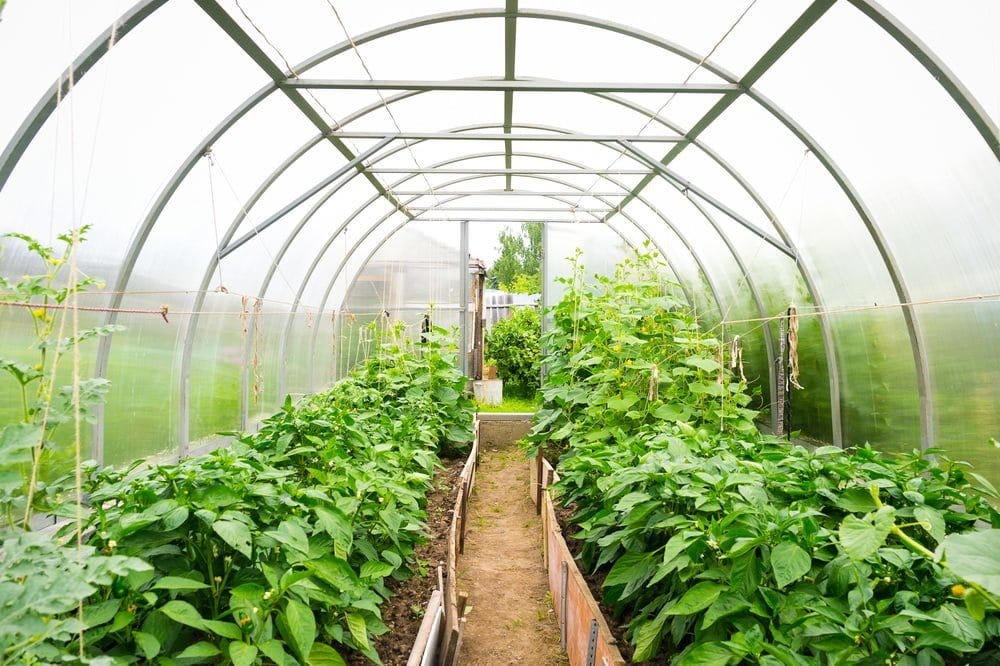Live lindy in 2025
We have strayed very far from how we evolved to live, but it's fixable
“To be ignorant of what occurred before you were born is to remain always a child."
—Marcus Tullius Cicero
In 1964, Albert Goldman coined the term lindy in reference to comedians whose careers thrived not by novelty but endurance, illustrating a timeless truth: what lasts tends to keep lasting. Today, this concept has been expanded by thinkers like Nassim Taleb and Paul Skallas aka Lindyman, who sees lindy as a framework for living: a return to practices that stand the test of time. He has a whole blog dedicated to this theme. To live lindy is to align with patterns and habits shaped by millennia, to reject the ephemeral in favor of the enduring.
Living lindy isn’t a wholesale rejection of modernity, more a recalibration. It’s the recognition that society’s manic progression often leaves us stranded in unnatural states where we become alienated, anxious, and physically weakened. The antidote? Return to the behaviors that evolution (of enduring culture, of biology) molded us for.
Eating lindy: no refined, sugars, remove seed oils and processed foods
Before the industrial era, humans ate what was available such as meat, fish, vegetables, fruits, and fats rendered from animals or pressed from olives and coconuts. Seed oils, on the other hand, arrived in the 20th century, extracted under high heat plus chemicals and are nothing more than industrialized lubricants. As we’ve written on before, they’re an aberration, and their ubiquity coincides with rising rates of metabolic disorders. Eating lindy means opting out of this experiment. It means choosing butter over vegetable oil, steak over fake meat, and real meals over meal replacements. It’s about eating like your ancestors who weren’t burdened by today’s diseases of abundance.
Rediscover physical rhythms
Exercise becomes lindy when it mirrors ancestral movements like walking, sprinting, lifting, climbing. These are patterns our bodies expect, not sitting at a desk all day hardly moving. We should all be getting hours of activity every day, and once you commit to regular exercise, gym and long walks daily you will feel so much different you’ll wonder how you ever lived another way. You need to bake these things into your routines. And don’t shy away from completing larger physical projects regularly. Stop outsourcing what you evolved to do.
Remote work, a return to a healthier way of life
Critics of remote work frame it as a modern luxury but perhaps it’s the most lindy thing we’ve done in decades. My personal take is remote work already won, with some being gaslit to believe that’s not the case. For most of history, work and home weren’t separate, they were intertwined. Farmers lived where they worked, artisans practiced their craft near their homes, markets bustled at the center of towns. Remote work allows us to reclaim time lost to commutes, integrate work with family life, be a better citizen of local communities and reestablish the rhythms of labor and rest. Far from a fad, it’s a return to an older, more natural pattern.
Sleep when it’s dark, rise with the light
Today most people do not have respect for ensuring the body has appropriate rest. Many do not get a full 8 hours, and artificial lighting and screens have further disrupted natural sleep cycles by suppressing melatonin production, leading to more irregular sleep patterns and frequent deprivation. There was no electricity for most of our existence, so people didn’t stay up long hours into the night watching Netflix. My wife and I are much happier not only having sober sleep, but respecting this pattern and going to sleep early and rising before sunrise. I highly recommend it.
Beyond food and work

The lindy framework extends further. Reading books (especially old ones that remain popular to this day) can be lindy because ideas that endure do so for a reason. Walking outside barefoot occasionally reconnects us to the earth in a way rubber soles cannot. Going to church or temple is good, and people were wrong to remove the transcendental from their lives. Even simple practices like fasting, practiced across cultures for centuries, remind our bodies what scarcity feels like, a signal lost in modern excess.
Quick wrap..
I think depressed and unhappy people are the most susceptible to straying from tried and true ways of how humans live. They are running from something, and because in modernity there’s so many choices, pharmaceuticals, cults, video games, gambling and trading apps to distract us, it’s easy to ruin your life in just a few clicks. This wasn’t possible to do in the past.
To live lindy in 2025 is to resist the pull of the new for its own sake. So many now basically live like goldfish, trained to respond to something merely because it’s shiny and novel. We should undo this social conditioning, instead eating real food, moving naturally, gathering with loved ones, working in harmony with our natural cycles and community. The modern world often demands adaptation, but personally thriving isn’t about novelty, it’s about remembering what has always worked.
Happy 2025, I think this is a good concept to have in mind for the year if you don’t already. You don’t need resolutions, you need better patterns and processes.




Yours is one of the sober journeys I have watched and am going to try to follow. Last night was my first dry New Year’s Eve in decades. Cheers Adam
I'm currently implementing changes in my life to improve my overall well-being. I had heard the term lindy before, but you've reframed it for me as a metric to look for when choosing new habits to implement.